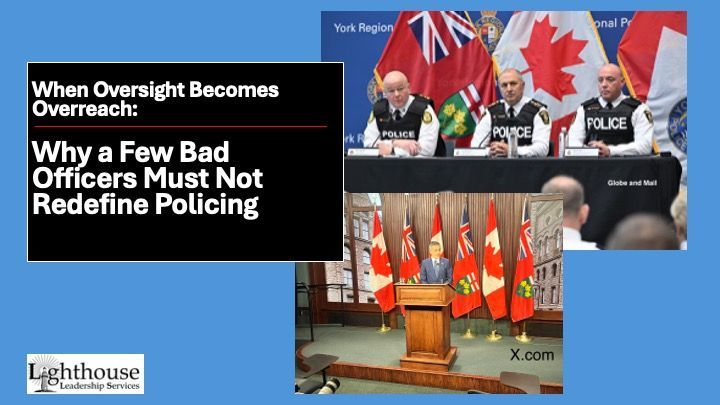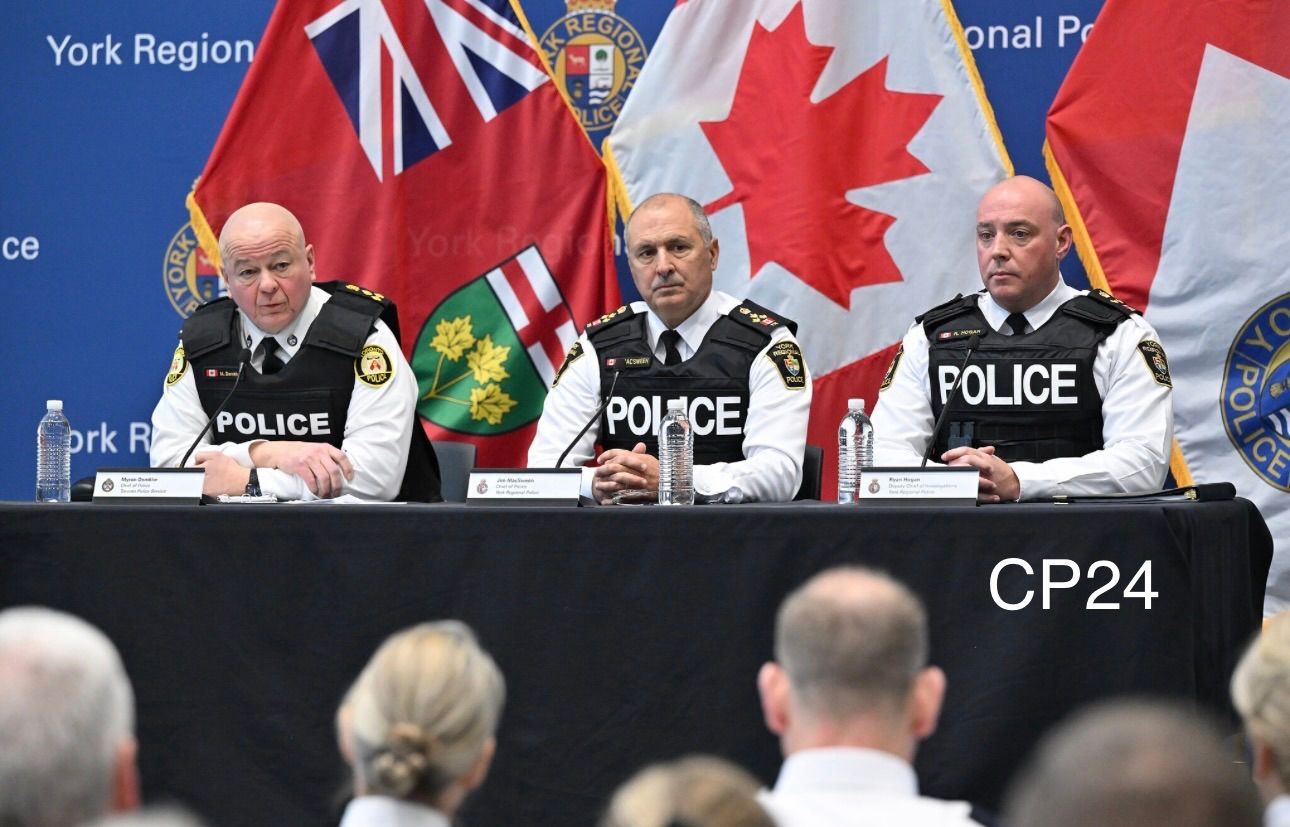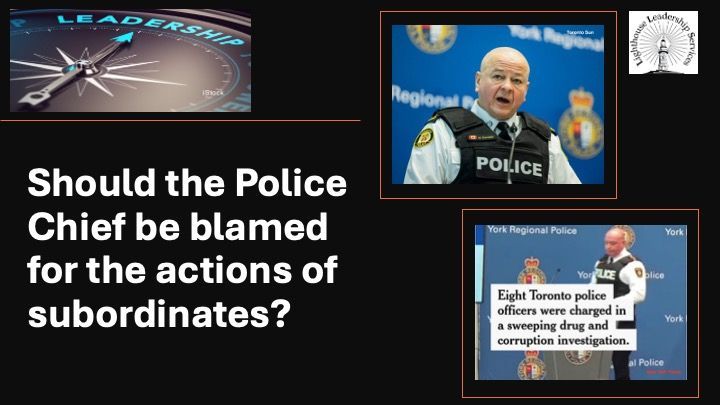New Paragraph
Celebration held
Friday October 3rd, 2025, saw the kick-off of the weekend long celebration of the 50th Anniversary of the OPP TRU. An incredible group of volunteers led by retired OPP D/Sgt. Craig Bridgeman – himself an “inactive” member of the then Belleville TRU team, put together a wonderful reunion of active and inactive members from across the country. The event was held at Casino Rama.
I attended the event and was thrilled to see many old friends and at the same time sad that some long-time friends were not in attendance due to their passing over the years. Despite the great turnout, a large number of veterans did not attend for whatever reason, and most of the serving members were committed to operations in West and North East Regions on the weekend. While we prayed for their safety, we reminisced about the many dangerous calls we had attended – either as individual teams, or multiple team calls, and a few significant operations that involved every TRU member in the province.
It was great to see the majority of the members that were trained and became part of the original TRU in 1975 in attendance. All wonderful officers. The initial team was formed to assist in the OPP security efforts required at events in eastern Ontario, as part of the 1976 Montreal Olympics. Following that endeavor, five teams of five members each were formed and placed in London, North Bay, Thunder Bay, Perth and Downsview.
Unfortunately, the original TRU Coordinator, retired Inspector Andy Maksmchuk, who authored a book on TRU, entitled TRU (Tactics and Rescue Unit): The Last Resort in Policing, A Memoir, could not attend the Anniversary due to flight scheduling challenges. Andy could’ve easily provided details of the forming of TRU and its early years of operations.
Although I had the pleasure of speaking at the Saturday night banquet, as did current OPP Commissioner Tom Carrique, who proudly supports TRU and the other programs within Field Support Bureau. I didn’t have to time to sufficiently walk through time from my perspective as an active member and as the Bureau Commander that oversaw TRU, let alone try and fill in the gaps before my arrival. However, the following is a summary of the years I was part of the TRU program.
I attended my initial TRU training at Camp Borden in June 1981, following extensive physical and psychological testing in the Toronto area. Even though I was in reasonable physical condition when I arrived at Camp Borden, it was some of the toughest training I ever participated in. I left there at 155 lbs., my lowest weight since high school and for the decades since!
The instructors that put us through the mill, while running, climbing, crawling and hiking every arduous mile with us, taught us skills that I had never dreamed of acquiring. Not all of our group graduated, but those that did left with advanced proficiency with all the TRU weaponry, self-defense, various tactics and related skills including cover and concealment, rappelling and much more. Instructors there like the legendary Harry Bell, became Gods to me. I strived to be at least half as good as they were.
At that time there were six teams of six officers, stationed in London, Mount Forest, Barrie, Perth, North Bay and Thunder Bay. I was happy to transfer from my northern post to any of those locations but was glad to be assigned to the London team.
The London guys welcomed me with open arms. We largely became life-long friends, at the same time pulling together as a highly-skilled team of tactical officers. We had a challenging call the first week that I was in London, with a number of shots fired before and after our arrival on-scene and before we successfully arrested the gunman. I thought, “Man, this is going to be fun.”
We trained as a team 5 days of every month and were given an hour of every workday to run or work out as individuals. Every fall and spring, we travelled to Camp Borden and met the other five teams for three weeks. We jointly reviewed recent calls and lessons learned, did joint training and ran scenarios day and night. Those were great sessions – hard work and lots of camaraderie. Several senior TRU members from the other teams became heroes to me. Harry Bell, Wayne Pickett, Peter Hrycyshyn, Dave Douglas, Ed Sherwin, my own Team Leader Rick Deering and more. I wanted to be just like them when I grew up! They taught me all the skills I never thought I’d be capable of, as well as how to be a good team member. They also unknowingly taught me a lot about people and about leadership.
When not training or away on calls, we worked in two-man cars on day and afternoon shifts and backed up detachment officers wherever we could. But our main role was to be immediately available to respond to occurrences involving violence, anywhere within the then #2 District, or beyond. If a TRU call did emerge, at least we’d have two officers quickly on scene to help contain it, gather information and prepare for the arrival of the rest of the team. Detachment members loved it when we helped them with occurrences or took calls for them, but some were bitter that we were often away on training or operations. We still tried our best to be helpful when we were around and to have good relations with our fellow OPP members.
London was a busy team. Lots of barricaded person calls, hostage situations, high-risk search warrants with the OPP Drug Enforcement Teams, biker activity, witness protection ops, backing up our Canine Teams tracking bad guys, doing large crime scene searches, VIP protection and more. In 1984, providing security to both Pope John Paul II and Queen Elizabeth, at various locations in Ontario.
It was the best of times and the worst of times. The successful calls were a huge adrenaline rush and involved lots of back-slapping and high-fives. The occasional call didn’t go as well as we hoped when we couldn’t locate a suspect, or murder victims’ bodies were found (although it was our goal to find a body, it was still a sad event when we did); or lives were taken – bad guys, or occasionally a good guy. But we did it all as a team, collectively learned and moved forward. We celebrated the good times, supported one another in the tougher times – on duty and off, and learned from each other every day.
When I became Team Leader in 1985, I found myself “supervising” a great bunch of men. I knew all of their strengths, their weaknesses, their team relationships and their personal goals. I knew their families and they knew mine. They never required inspiration or motivation from me and seldom did they need a gentle kick in the ass. It was like a team of racehorses that couldn’t wait to hear the bell. If anything, I had to slow them down on occasion. But I knew every one of them would take a bullet for me as I would for them.
In 1986, the six teams were amalgamated into three teams of twelve, situated in London, Barrie and Belleville (now Odessa). It was long overdue. Six men responding to an armed man in a house or manhunt in the bush, was never enough. Sometimes we only had four or five members, depending on courses, court, vacation etc., and often, the District Commander of the day was not open to requesting the Mount Forest team to back us up. It was ridiculously dangerous, but we did what we could because that was our job. We would never leave the detachment officers on the ground without giving them all the help we could.
Interestingly and sadly, when we responded to two cop killers in a house in Woodstock in the fall of 1984, we had four TRU members and one spare officer who was fully trained and waiting for an opening on a team to be transferred to. He was a good man. We placed him in the spot we felt he would be least likely to get into a gun fight and unfortunately it turned out to be THE spot. Before it was over, two officers were shot, one fatally and a bad guy was shot and killed. It was a mess. A couple of days later we were told that the bullet that killed Constable Jack Ross was fired from a TRU machine gun. It was the darkest day in TRU history up till that point and perhaps ever.
The news destroyed our member and devastated us all. It damaged OPP colleagues’ confidence in TRU across the province. It was virtually impossible to explain all the details and intricacies to the world so they could better understand the situation we were faced with. But I will say that if I was faced with the same initial briefing details, radio traffic information, lighting, shadows and other circumstances that our member was faced with at the time he fired those shots, I probably would have done the exact same thing. Many things had gone seriously wrong before the gunfight began and then everything came together in a perfect storm, unfortunately.
So, the increase in team strength in 1986 was a welcome change. It did however leave much of northern Ontario without TRU and the OPP has struggled since to provide tactical officers to the north in a timely way.
In all the sixteen different jobs I had in in my 36-year career, I worked with some great people and made good friends. But TRU was undoubtedly the hardest job to leave. Walking away from not just colleagues but amazing friends was difficult for me. But in 1987, I transferred into the Investigations Division at General Headquarters in Toronto and I was gone.
If I got wind of any TRU call happening in the coming years, I’d I watch it like a hawk from afar, always worried about the guys. I certainly kept close contact with a few of the London boys that I had worked so closely with over the years. TRU continued to support uniformed and investigative personnel and save lives in the years to follow. Their equipment, training and tactics evolved so far above and beyond what I had known it was amazing. People like the late Wade Lacroix and Brian Deevy were a significant part of that progress, as were many others to come. Training changed, selection processes were enhanced and the firearms and equipment improved greatly with time. TRU got better and better at doing what they already did so well.
In late 1997, I was promoted to Superintendent and placed in-charge of a brand-new OPP Bureau that would eventually be called Emergency Management Bureau (EMB). EMB was to oversee the TRU, ERT, Incident Command, Crisis Negotiation, USRU and EDU programs, as well as Emergency Planning, but not the team members themselves. We were Like Generals without an army. All the teams, sections and units’ members would report to the Regions and some to the OPP Academy.
I brought Brian Deevy in from Barrie TRU as an Inspector to oversee all of TRU as well as the Incident Command program. He oversaw full reviews into both programs. When I picked Brian for the job, I received accusations of just bringing in my “buddy.” When I asked the whiners to “name someone with more experience and credibility in TRU”, the whining ended. Before it was over our capable team reviewed and renewed every program to some extent..
When all the various reviews were complete, Commissioner’s Committee approved several important recommendations, one being that the three TRU teams would all become “provincial assets” rather than be part of three individual regions. Some Regions had historically treated TRU better than others, and in some cases training, staffing, budget and equipment issues fell to the whim of command staff, some of whom had other priorities to fund. Some teams had equipment that others didn’t, etc. We lacked consistency in several areas across the teams, so we recommended that everything be moved under EMB, with strong links to the OPP Academy for training coordination and record keeping purposes. All our recommendations were approved, substantial changes were made in many sections and for the decades that followed and the foreseeable future, TRU will belong to what is now Field Support Bureau. They have been effectively managed and supported by successive Bureau Commanders since. Their current Commander, Chief Superintendent Dana Earley, spoke at the banquet and very capably commands the FSB.
To all that attended the Anniversary and those that served but couldn’t attend; to all the serving members that were committed to ongoing TRU operations that weekend; and to the many TRU members that left us way too soon, thank you. Thank you for serving the OPP and thank you for working hard to become a member of TRU.
Thank you for bravely saving lives, for protecting our frontline members and investigators. Thank you for all you gave and continue to give – physically and emotionally. Thank you to those that supported and taught me in so many ways since 1981 – at all levels, including right up until I was Commissioner. I’ve never stopped learning from you and you continue to make me proud.
And lastly, never forget that there are no ex-members of TRU. TRU is comprised of ACTIVE and INACTIVE members, but they are all “members of TRU.” I am proudly an Inactive member for life.




